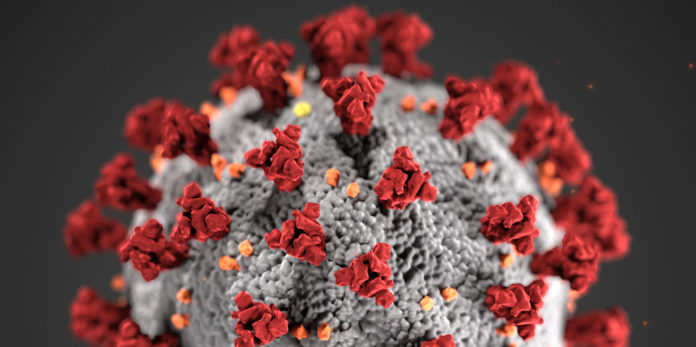SACRAMENTO — Gov. Gavin Newsom on Friday revealed what he called a new, more “stringent” four-tiered reopening system that allows counties to open their economies depending on their Covid-19 case and test positivity rates.
The new system replaces the monitoring list, and removes many of the old benchmarks counties had to meet in order to unlock swaths of their economy. Now, counties can begin to reopen if their news cases per 100,000 residents per day and positivity rates start to decline.
The new system is as follows:
Thirty-eight counties, including Santa Cruz, Santa Clara and Monterey, were in the “widespread” risk level Friday. Each county will be reassessed every Tuesday starting on Sept. 8, Newsom said.
A county must spend at least 21 days in one tier before it can move to a less restrictive one, and it must meet the metrics for the less restrictive tier for 14 consecutive days.
However, Santa Cruz and Santa Clara counties could soon move from the “widespread” tier to “substantial” because they had already spent 14 days off the old monitoring list, Newsom said.
That move would allow several businesses deemed “non-essential” by state health orders to reopen their indoor operations with modifications. Restaurants and places of worship, for example, can offer indoor services at 25% capacity or 100 people, whichever is fewer, in that tier.
Counties that remain in the “substantial” tier for two weeks can also reopen their schools for in-person classes so long as they follow state guidelines.
But some businesses will not have to wait until that change comes to reopen. Barbershops and hair salons can reopen Monday, and so too can shopping centers at 25% capacity.
For county-to-county, industry-specific restrictions, click here.
Counties that do not meet their current tier’s metrics will be moved back into more restrictive tiers.
If a county’s case and test positivity rate fall into two different tiers, the county will be assigned to the more restrictive tier.
Newsom also said the state has an “emergency break” set up in the case that counties see spikes in hospitalizations or ICU visits.















